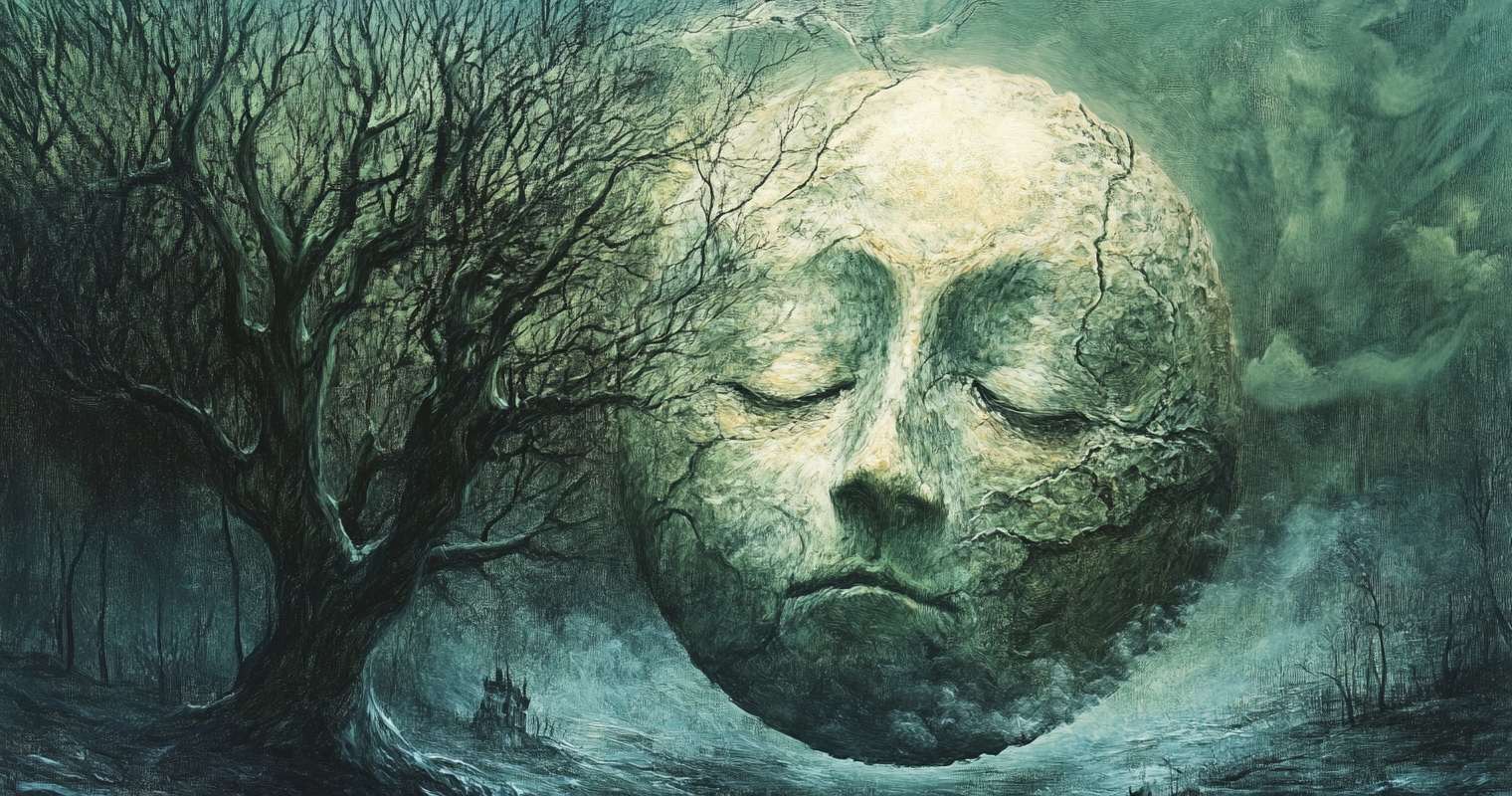
Poetry and Figurative Language Quiz: Test Your Literary Skills and Improve Your Understanding. Understanding poetry and figurative language is essential for interpreting meaning, enhancing writing, and appreciating literary beauty. This Poetry and Figurative Language Quiz offers an exciting way to test your knowledge while sharpening your literary skills. Whether you’re a student, writer, or poetry enthusiast, mastering these concepts will deepen your appreciation of language.
Ready to challenge yourself? This Poetry and Figurative Language Quiz offers an interactive way to test your understanding while gaining valuable insights. Each question sharpens your analytical skills, improves literary interpretation, and boosts reading comprehension.
What Is Poetry and Figurative Language?
Poetry is a form of literary expression that uses rhythmic language, imagery, and sound devices to convey emotions, ideas, and stories. Figurative language enhances poetry by adding creativity and depth.
- Common Types of Figurative Language:
Figurative language goes beyond literal meanings to create vivid imagery and emotional impact. Here are the most common types:- Simile: Compares two unlike things using like or as.
- Her smile was as bright as the sun.
- Metaphor: Directly compares two unlike things without like or as.
- Time is a thief.
- Personification: Gives human qualities to non-human objects.
- The wind whispered through the trees.
- Hyperbole: Exaggeration for emphasis or humor.
- I’ve told you a million times!
- Alliteration: Repetition of initial consonant sounds.
- Peter Piper picked a peck of pickled peppers.
- Onomatopoeia: Words that imitate sounds.
- The bees buzzed around the flowers.
- Imagery: Descriptive language that appeals to the senses.
- The golden sun set behind the jagged mountains.
- Simile: Compares two unlike things using like or as.
- Elements of Poetry:
Poetry often includes the following structural elements:- Line: A single row of words.
- Stanza: A group of lines forming a unit.
- Rhyme: Similar sounds at the end of lines (moon and June).
- Rhythm: The pattern of stressed and unstressed syllables.
- Tone: The poet’s attitude toward the subject.
- Theme: The underlying message or main idea.
This quiz will test your ability to identify and interpret figurative language while understanding poetry’s structure and meaning.
Why These Concepts Matter
Mastering poetry and figurative language improves reading comprehension, creative writing, and analytical thinking. It allows you to interpret deeper meanings and enjoy the beauty of language.
For example:
- Literal: The sky turned orange at sunset.
- Figurative: The sky blushed as the sun dipped below the horizon.
This quiz reinforces proper interpretation while identifying common mistakes.
Addressing Common Challenges
Many learners struggle with identifying figurative language or interpreting poetic meaning. This quiz highlights common challenges, such as:
1. Confusing Similes and Metaphors:
- Incorrect: Life is like a roller coaster (Metaphor).
- Correct: Life is like a roller coaster (Simile).
- Correct Metaphor: Life is a roller coaster.
2. Misinterpreting Personification:
- Incorrect: The car was fast like a rocket. (Simile)
- Correct: The car groaned as it climbed the hill. (Personification)
3. Overlooking Theme and Tone:
- Incorrect: The poem is about birds. (Surface-level meaning)
- Correct: The poem symbolizes freedom and escape.
This quiz helps you identify and correct such mistakes while reinforcing proper interpretation.
Practical Tips for Success
To master poetry and figurative language, focus on reading, analyzing, and practicing interpretation. Here’s how to improve:
1. Identify Figurative Language:
Look for comparisons (like, as), exaggerations, and sensory details.
- The stars danced in the night sky (Personification).
2. Understand Poetic Structure:
Recognize lines, stanzas, rhyme schemes, and rhythms.
- ABAB rhyme scheme:
The sky was blue (A)
The grass was green (B)
The sun shone through (A)
The air felt clean (B)
3. Focus on Theme and Tone:
Ask: What is the poet trying to say?
- Theme: Love, loss, hope, nature
- Tone: Joyful, melancholic, sarcastic
4. Practice Analyzing Poems:
Read poems aloud, annotate figurative language, and discuss interpretations.
Take the Quiz and Test Your Skills
Take the quiz now and discover how well you understand poetic devices and figurative expressions. Whether you’re preparing for exams, enhancing your writing, or exploring poetry for pleasure, this quiz will elevate your language proficiency and deepen your appreciation for the art of words!
